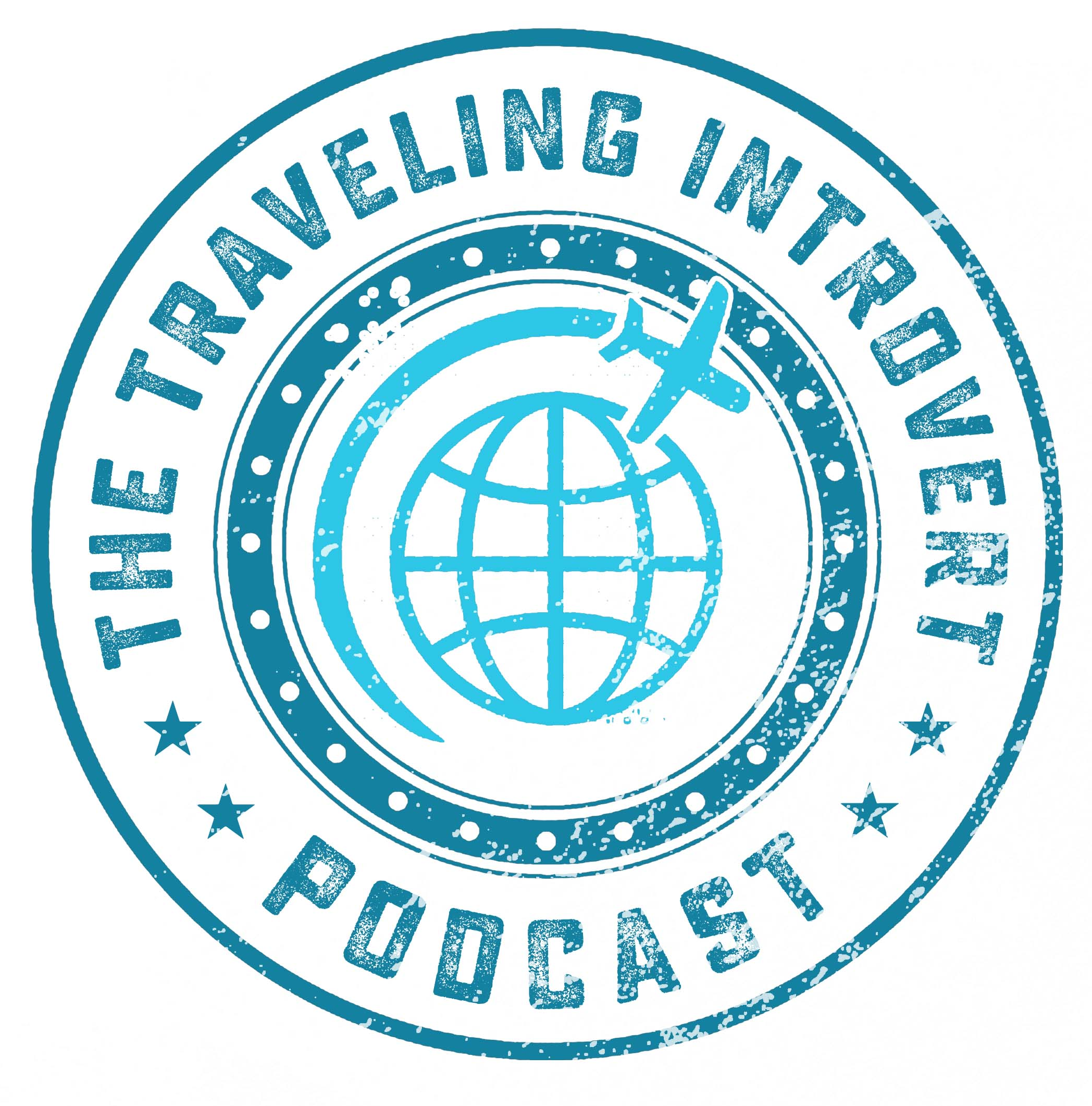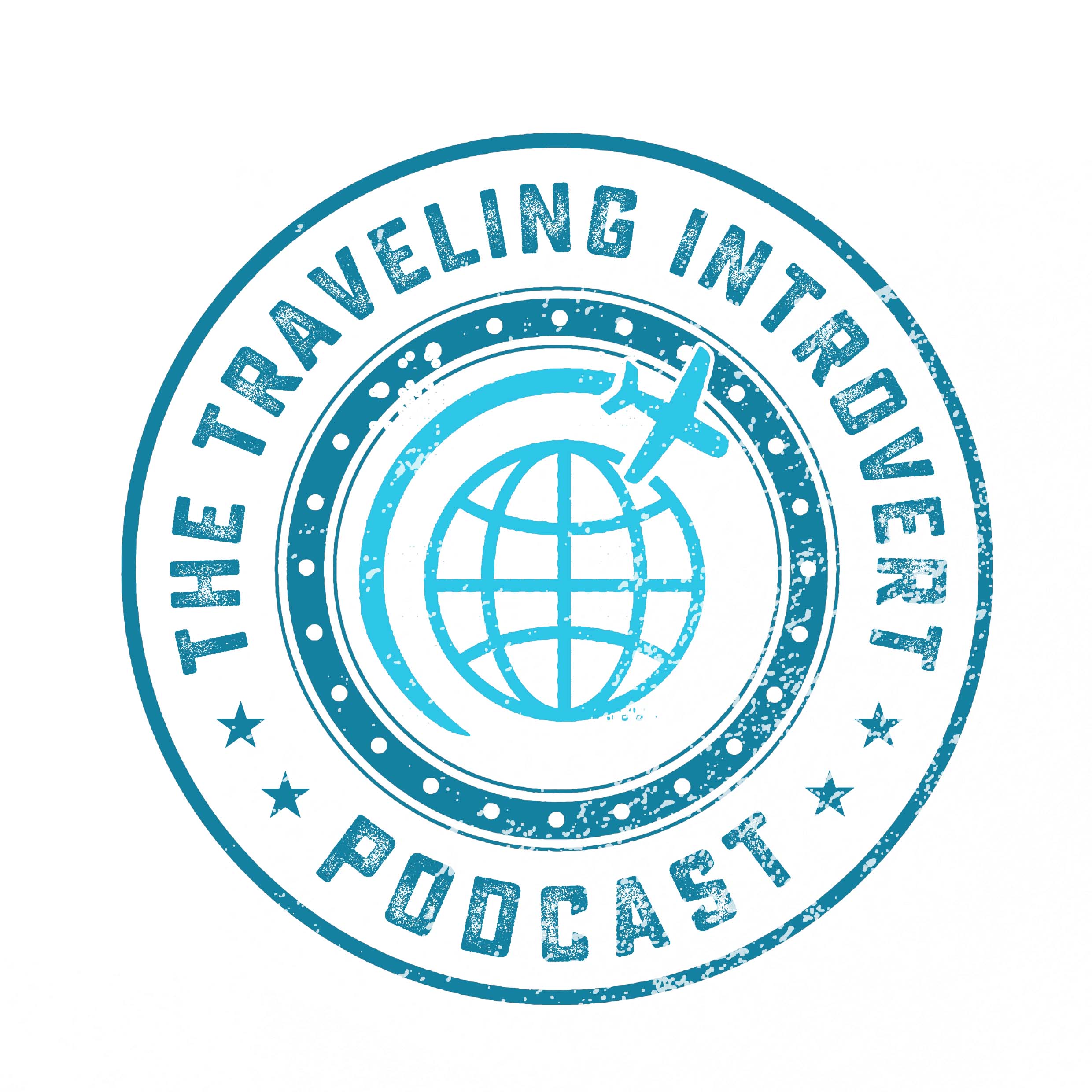Episode 410
Strategies for Overcoming Imposter Feelings
In this episode of The Traveling Introvert, host Janice Chaka discusses building confidence in professional settings. She emphasizes that true confidence is about trusting in your abilities and being comfortable with yourself, rather than being the loudest or most charismatic person. Janice shares strategies to build confidence, such as acknowledging your strengths, setting realistic goals, preparing thoroughly, practicing mindfulness, and seeking constructive feedback. She highlights the importance of embracing authenticity to create genuine connections and handling imposter syndrome by focusing on accomplishments and self-reflection. Building confidence is portrayed as an ongoing journey that requires patience and practice. Janice aims to inspire listeners to embrace their strengths and confidently thrive in their careers.
Transcript
Hello, and welcome to the traveling introvert. Today, I want to explore talking about sort of confidence and building confidence in professional settings. So let's start with, what does confidence really mean? I ask this question a lot in workshops that I do, like, what does confidence mean to you? And it can mean many different things to different people, but I will tell you what confidence is not. It's not about being the loudest person in the room. It's not about being the most charismatic person. It's not about the person who talks the most. It's about trusting in your abilities. It's about knowing your worth and being comfortable in your own self.
Janice Chaka [:Many people believe that to succeed professionally, they must adopt more outgoing persona. However, true confidence comes from within and can be developed by anyone willing to invest the time and the effort to bring it out of themselves. So I wanna talk about some strategies that you might use to help build confidence, specifically in professional settings. And the first is probably the hardest in all honesty, and it's acknowledging your strengths. Not that something happened by accident or you were in the right place at the right time or someone could have done it better or insert reason here. Right? Insert your imposter syndrome reason here. Begin by identifying what you are naturally good at. Make a list of your skills, achievements, positive feedback that you've received over time.
Janice Chaka [:These will serve as a reminder of your capabilities and help reinforce your self belief. And the next thing is set suitable goals. Break down larger tasks into smaller manageable goals. And why this helps is because when you have a really big goal and you don't achieve it, it feels gutting. But taking small manageable steps on a regular basis will boost your confidence and demonstrate to yourself and to others your ability to accomplish bigger objectives. And another thing that you can do is prepare. Like to be prepared. That's over preparing, and that is preparing.
Janice Chaka [:Whether it's a presentation or a meeting, preparation is key. And the more prepared you are, the more confident you'll feel. So rehearse your talking points, anticipate questions, visualize success. Think about all the questions that people ask. Think about what could go wrong and how you can mitigate that. How you can make things better, what is the end goal, what is the person on the other end wanting to get out of talking to you. Prepare. Another thing that you can do is practice mindfulness.
Janice Chaka [:Incorporating mindfulness practices such as deep breathing or meditation into your regular routine is a great thing because these techniques help reduce anxiety and therefore can help keep you grounded during stressful situations. Lowering your anxiety and being well prepared will help you be more confident. And, of course, seek feedback, but don't just seek feedback and be like, thanks for the feedback. Get constructive feedback and then act on it. Constructive feedback is invaluable. It helps you understand your areas for improvement and reassures you of your strengths. Feedback isn't about negativity only, so be open to feedback and then use that feedback to grow. Now one of the most empowering aspects about building confidence in yourself is embracing authenticity.
Janice Chaka [:You don't need to change who you are to be succeed, but focus on leveraging your unique perspectives and approaches. Authenticity fosters genuine connections with colleagues and clients, creating more fulfilling professional experience. And all of these things help you overcome in the long term imposter feelings. You're allowed to have them. Everybody has them. It's how you deal with them that is important. Many professionals struggle with imposter feelings, the feeling of being a fraud despite very evident and proof of success. But remember that you are not alone in this.
Janice Chaka [:Acknowledge your feelings, but don't let them define you. Reframe your thoughts and focus on your accomplishments and the value that you bring to work. Building confidence is a journey, not a destination, and it will take time. It requires patience, self reflection, and consistent practice. As you continue to develop your confidence, you'll find you're better equipped to handle challenges and seize opportunities in your life. Thank you for listening. This is Janice at Career Introvert helping you build your brand and get hired. I hope these insights inspire you to embrace your strengths and build the confidence needed to thrive in your career.
Janice Chaka [:Have a great rest of your week.



